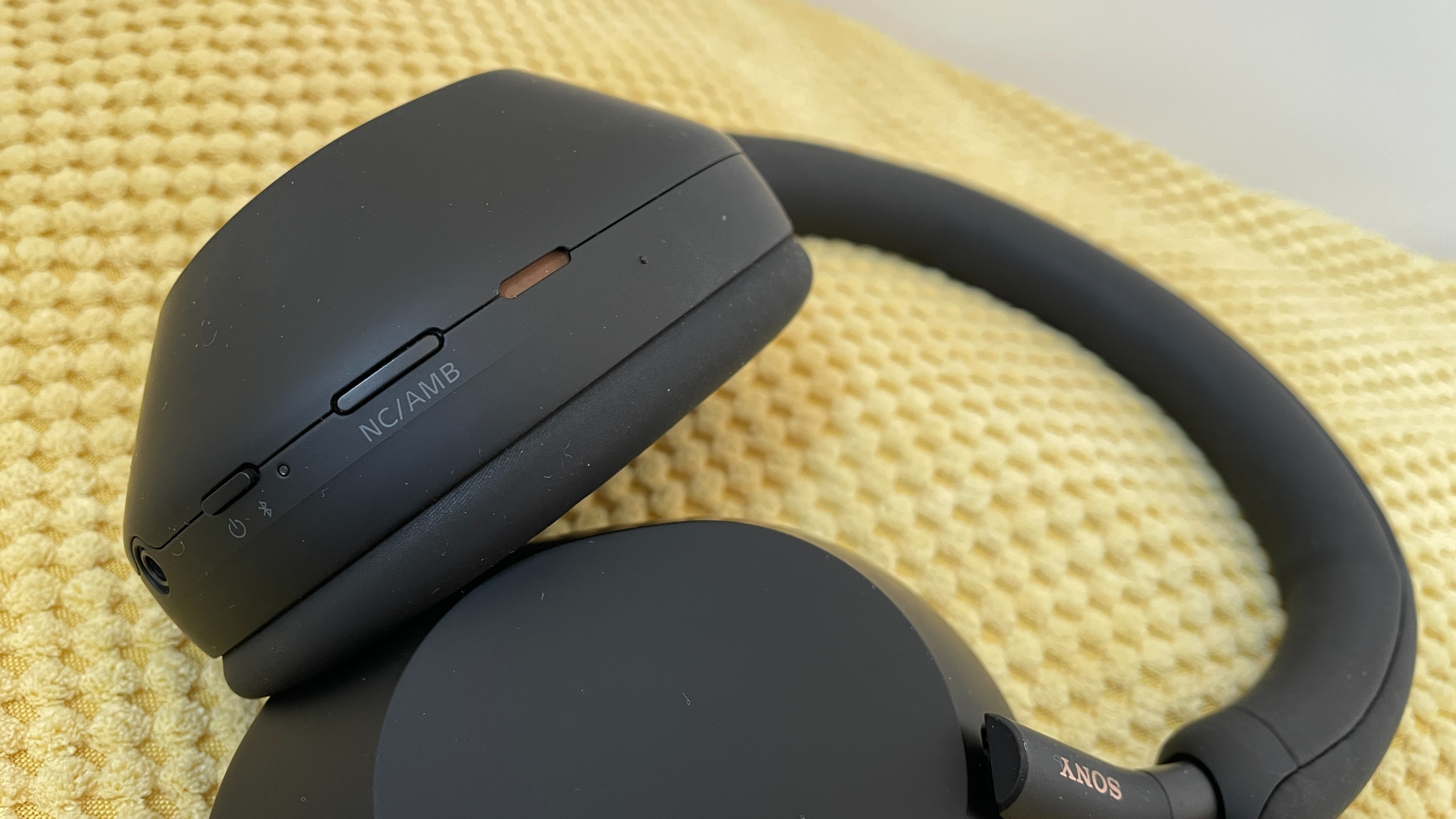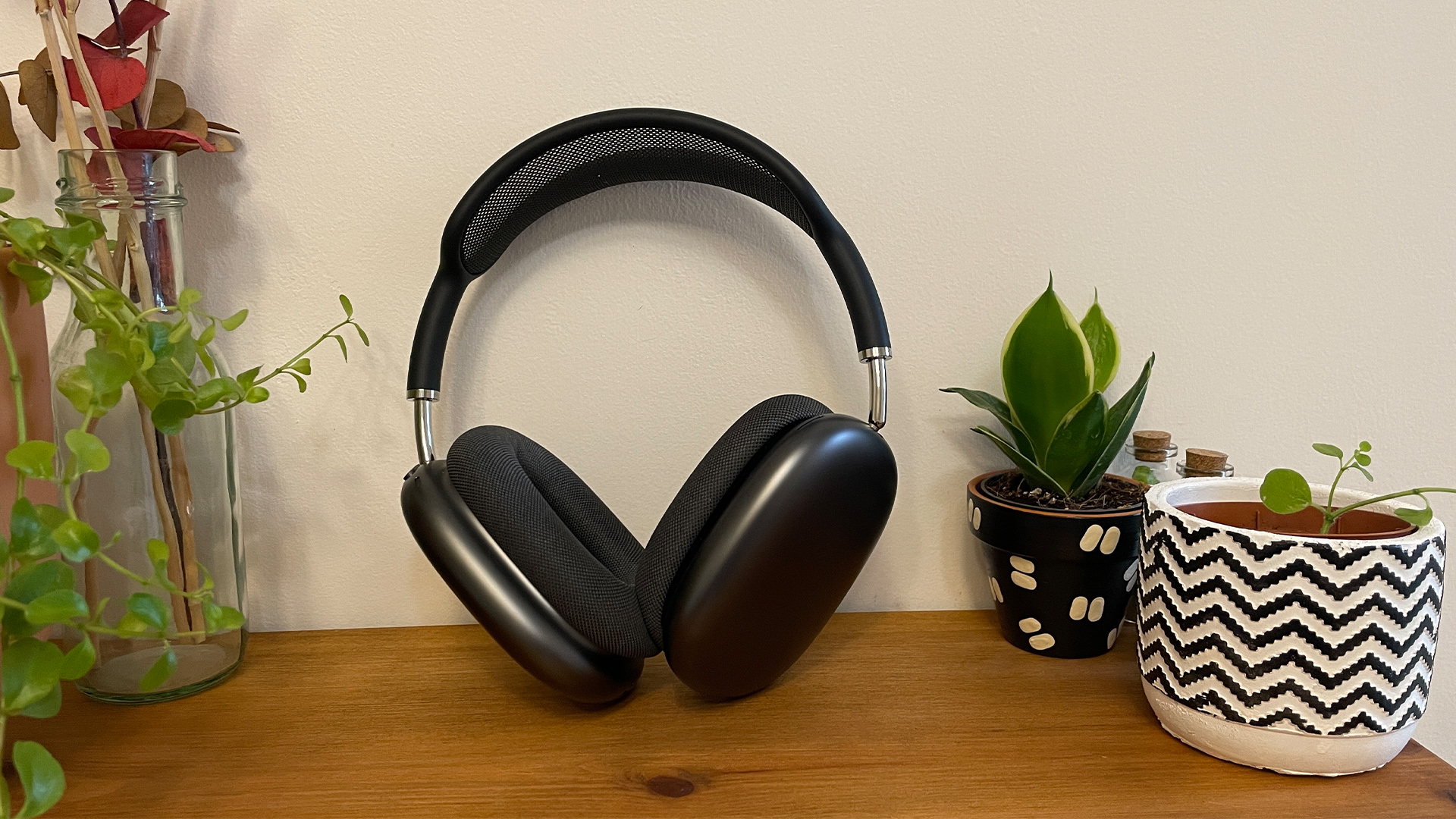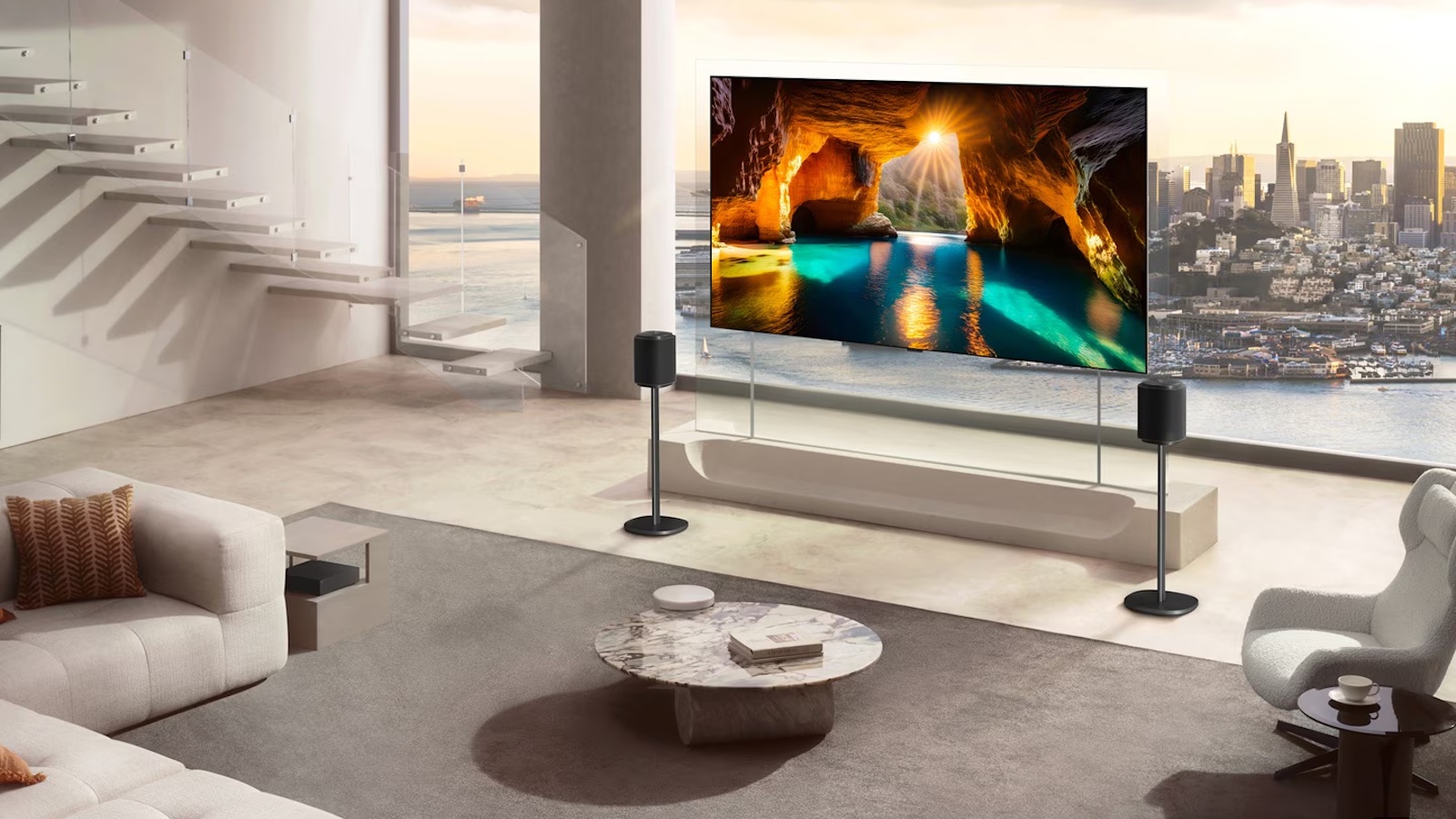Buying new wireless headphones? Don't make this one big mistake
Be sure to check this underlying feature (which doesn’t make it onto many spec sheet headlines) – it could be a deal-breaker

Suppose you’re considering purchasing a new pair of headphones. In that case, you’ll likely have pinned down a few must-have features, whether that be an over-ear fit, active noise cancellation, above-par battery life or another of the many styles and specifications that differentiate headphones these days. A glance at a headphones buying guide or two, and a read of some reviews, will no doubt narrow your choice down to a couple of pairs.
But if you’ve settled on the popular over-ear wireless headphone style, there’s one feature that rarely makes it onto spec sheets and associated buying guides’ headlines and is therefore easy to overlook, but could in fact, if you’re like me, be a deal-breaker for you. And that is whether wired listening requires battery life or not.
If you’ve opted for a pair of wireless headphones, chances are you plan to listen to them wirelessly. Of course. I don’t know about you, though, but I’ve always liked knowing that the wire is there if my battery runs out, if I’ve forgotten to charge them or if I’m taking a long-distance flight or weekend trip where I can’t or don’t want to be bothered with juicing them up. Battery endurance is better than ever these days (at least 30 hours for many pairs today), but you can still be caught short, especially if you tend to listen to music loudly at battery-draining levels as I do. The efficiency of these kinds of built-in rechargeable batteries tends to decrease over time too, making a battery-less listening option even more pertinent if you're not one to replace your headphones every couple of years.
The thing is, while historically wireless headphones have been typically bundled with an aux cable to plug into the earcup’s audio jack for passive listening on such occasions, an increasing number of over-ear wireless designs today require power (and therefore battery life) to listen to even wired.

Examples include the Apple AirPods Max, Focal Bathys and Bowers & Wilkins Px7 S2, which feature in our best noise-cancelling headphones and best wireless headphones buying guides for their excellent sound quality. In these cases, instead of wired operation bypassing the electronic stages (the Bluetooth receiver, DAC (digital-to-analogue conversion), DSP (digital signal processing) and amplifier) that are necessary for the headphones to work wirelessly – something which would see them working in a passive manner as wired-only headphones do – the headphones’ drivers require power to work regardless of whether the headphones are being used wirelessly or wired. So if the battery’s dead, the headphones are essentially useless. Hmm.
This way, engineers can design the headphones so that they can benefit from their own digital processing and amplification, rather than that of the audio source the headphones are plugged into. Remember, a wireless pair that also has active noise cancellation requires heaps of digital processing to block external sound and make the sound delivery the best it can be in conjunction with it, too. It makes sense, and is often why a pair of headphones’ wireless performance can sound better than its wired (passive) performance when the choice is available. Digital boosts and tuning can result in a clearer, more bass-accentuated presentation, even if subtlety isn't always in as much abundance.
Manufacturers with such designs would argue that their decision to keep wired playback in the digital domain makes for consistent, better sound quality. But it goes against that battery-dependent practicality issue which I personally deem important and has been a music-listening-saving feature for me over the years. If you feel the same way, you should include that in your research as, like I said, it isn’t always flagged first and foremost as a headline spec or feature.
The latest hi-fi, home cinema and tech news, reviews, buying advice and deals, direct to your inbox.
MORE:
How to choose the right pair of headphones
Save £150 on the best-sounding wireless headphones we’ve ever heard
The best over-ear headphones you can buy – wired and wireless

Becky is a hi-fi, AV and technology journalist, formerly the Managing Editor at What Hi-Fi? and Editor of Australian Hi-Fi and Audio Esoterica magazines. With over twelve years of journalism experience in the hi-fi industry, she has reviewed all manner of audio gear, from budget amplifiers to high-end speakers, and particularly specialises in headphones and head-fi devices.
In her spare time, Becky can often be found running, watching Liverpool FC and horror movies, and hunting for gluten-free cake.
